Coronavirus Australia: Orwellian future may be closer than we think
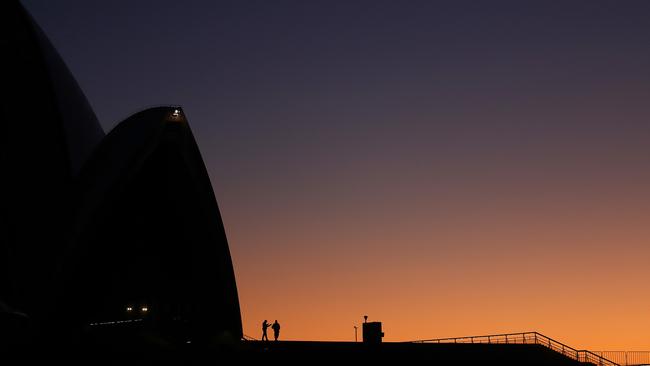
All it took was emergency COVID-19 legislation and the drafting of enforceable new rules. In the blink of an eye, basic civil rights were outlawed.
As if they were children being lectured by their parents, the public was assured that the harsh measures were for their own good. Expert medical advice was tendered. The nation’s Deputy Chief Medical Officer, Paul Kelly, warned: “In a worst-case scenario, 15 million people would get the coronavirus and 150,000 would die.” For the optimists, his best-case scenario was an infection rate of 20 per cent where about 50,000 people out of 5 million infected would die.
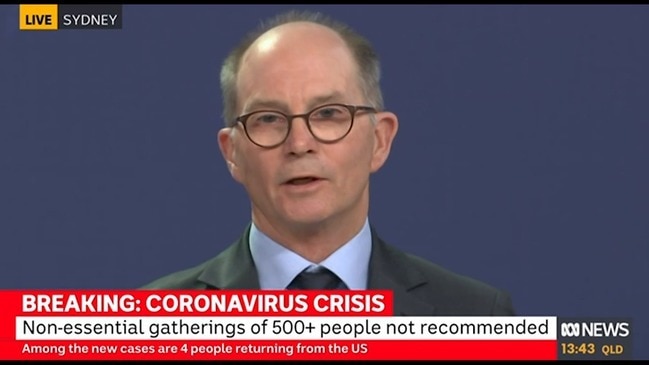
However illogical many rules seemed, most people did as they were told. They stayed indoors, received no visitors and exercised responsibly. Even when schools and places of worship were closed, they raised few objections. Nor did they issue any kind of a challenge when the states ignored the Constitution by sealing their borders and denying free movement of people.
It was the same for businesses in “non-essential” industries. When forcibly put into “hibernation”, they offered little resistance. Landlords, too, were mostly silent when they were ordered not to terminate leases or evict tenants for non-payment of rent.
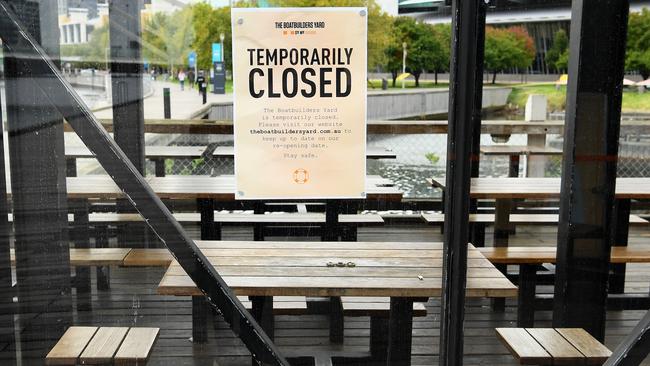
Overwhelmingly, the nation accepted this was necessary and that sacrifice would be rewarded “on the other side”. Wartime analogies were drawn, forgetting that in war, the economy and employment are at full capacity.
Shuttering the economy to defeat this enemy has already resulted in nosebleed deficits and almost eight million applications for JobSeeker and JobKeeper support. Prospects of early employment are bleak. Many on JobKeeper work for zombie companies that may fail when the scheme ends in September. In stark contrast, public sector jobs remain safe and on full pay, making the claim “We’re all in this together” sound hollow.
Unsurprisingly, the lockdown has exacted a terrible social price. Suicide rates have hugely outstripped deaths from COVID-19, while cases of child abuse and domestic violence have risen sharply.
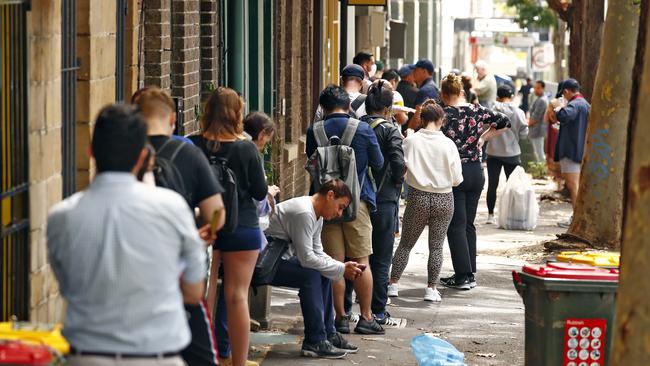
The emergency measures may have been well-intentioned and based on medical advice, and they have certainly limited infections. However, history will judge the cure as worse than the disease. With fewer than 7000 cases and not 100 deaths so far, the early modelling seems to have been more panic than science. An unwillingness to admit this — particularly at the state level — is no doubt delaying the easing of restrictions.
Having dug the hole, the bigger task is how to exit. So far, the states’ approach to relaxation has been unworldly, with the likely impact on activity minimal.
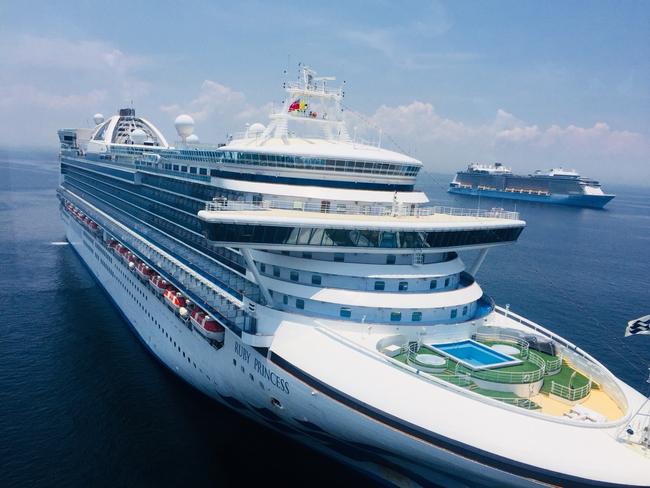
But with the incompetence and then cover-ups associated with the Ruby Princess and Cedar Meats cases, it seems amateurs are driving policy.
The road to recovery is also made difficult by some of the media’s endorsement of state messaging. Indeed, some of its COVID-19 obsession is bordering on the macabre. But then for a 24/7 news industry hungry for content, pandemics are never-ending fodder for tabloid journalism, especially at the ABC. Its journalists become natural allies of the many politicians seizing on catastrophism as their political weapon of choice. Predicting an apocalyptic future attracts attention and helps them shape public opinion to their advantage.
For example, the ABC’s in-house medical catastrophist, Dr Norman Swan, predicted a doubling of reported coronavirus cases every three days, tweeting: “Primary school maths. Someone should go figure. No magic fairy will bring that down. 14-20 days behind Italy. Believe in maths not magic.” Presenter Fran Kelly asserted: “On current projections, hospitals will be overwhelmed by mid-April. We need more ventilators.” Hardly. There’s about 20 COVID-19 patients occupying intensive care beds, with even fewer requiring mechanical ventilation. Australia has 2023 intensive care beds fitted with ventilators.
Go figure indeed.
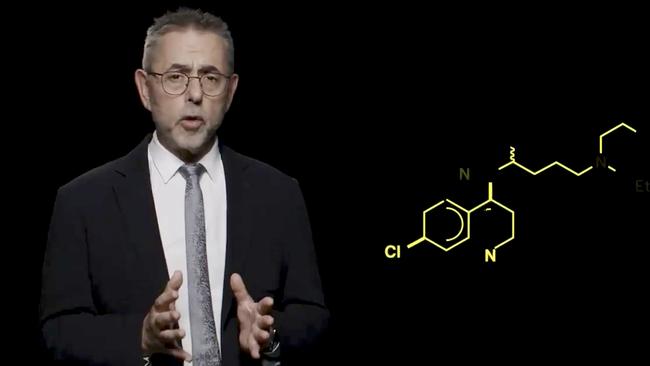
That said, it is important that this pandemic’s serious threat to human health, particularly for the ageing and those with comorbidities, be acknowledged. Personal hygiene, social distancing and wider testing will continue to be important.
Government health policies should sensibly reflect risks to older populations and hospitals. The most vulnerable must exercise personal responsibility.
No doubt, as restrictions continue to be relaxed, infections will rise. Risk-averse medical experts will argue that the easing is premature. But they are just postponing the inevitable. It should be obvious by now that COVID-19 will survive longer than a heavily handicapped economy can remain solvent. Indeed, rather than validate the wisdom of state control, history will judge authorities as having waited too long to ease. We live in the real world, not a test tube.
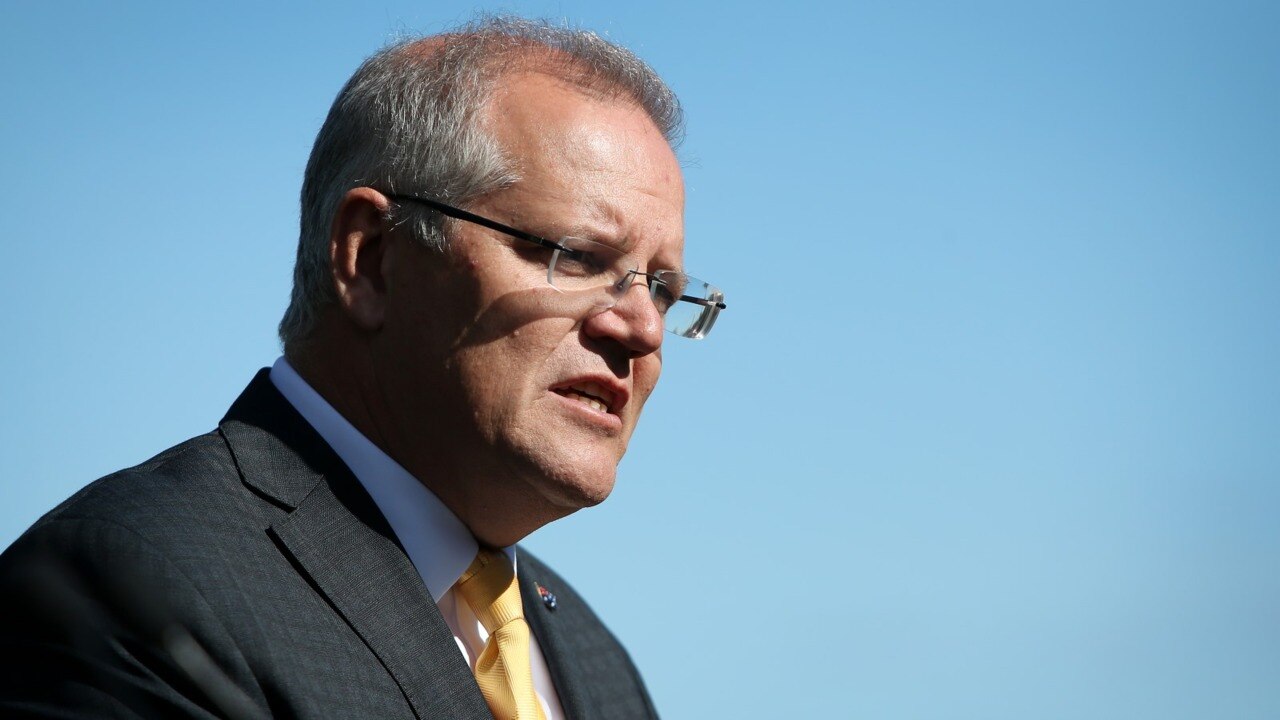
Lost in all the noise is how easy it has been for those with despotic tendencies to take away our freedoms. All they needed was a climate of fear and the long arm of the law. The 19th-century French diplomat Alexis De Tocqueville warned about this in his classic, Democracy in America. He foresaw the prospect of “an immense protective power” resembling “parental authority” keeping the people “in perpetual childhood”. And that power would be the sole judge of everyone’s happiness.
When, from our COVID-19 bunkers, we watched police snatch an infant from his mother’s arms as she was dragged away for standing up for their basic freedoms, Australians could surely have wondered if this was a rehearsal of things to come. Fanciful? Well, when 72 per cent of the nation’s workforce is dependent on government for an income, it is surely time to ask, in De Tocqueville’s words, if “a liberal, wise and energetic government can spring from the suffrages of a subservient people”?



As they fretted their way through weeks of police-state restrictions, many Australians must have marvelled at the ease with which their governments put them under virtual house arrest.